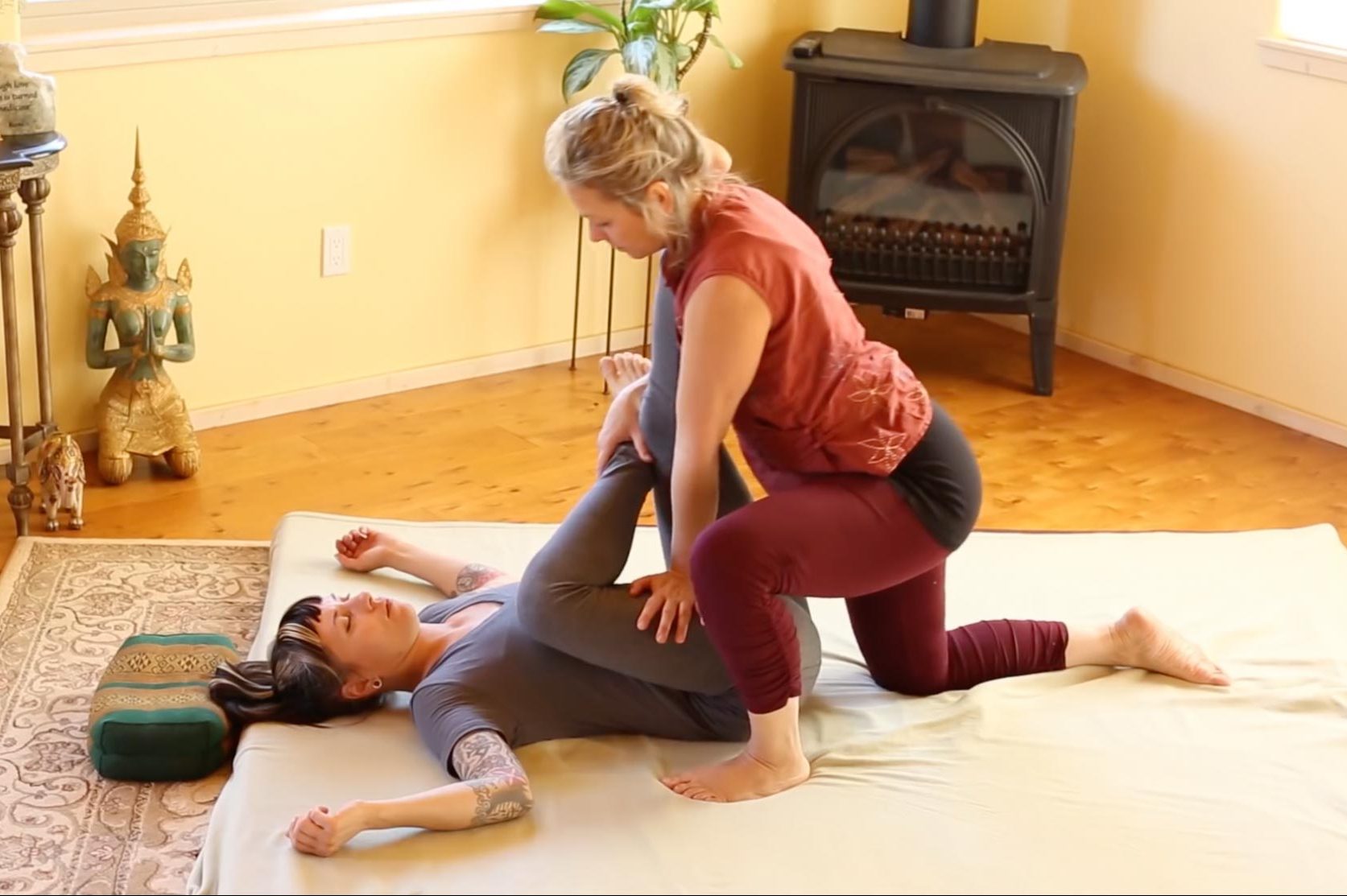Physiotherapy is a profession that deals with the science of movement. This process is where physiotherapists pinpoint the root cause of an injury. A leader in Mosman Physiotherapy explains that it is an allied health care profession treats and promotes health care through physical examination, intervention and rehabilitation rather than by surgery and drugs. Click here for more.
Practitioners are called physiotherapists. They focus on both rehabilitation and prevention, and promote health and fitness. Often, they work in teams to help efficiently meet the needs of an individual. Treatment can be done for problems resulting from injury, or due to a disease and/or disability.

Techniques Used By Physiotherapists
Depending on the nature of the problem or the injury, different techniques are used for therapy. Most common are:
- Electrical nerve stimulation: Affected areas are induced with small electrical currents to block and suppress the pain signals that go to the brain.
- Acupuncture: The nervous system is stimulated by needles to dull pain, boost immune systems, and release muscles.
- Demonstration: Teach the patients correct movement patterns and allow them to help them to help themselves heal from their own injuries.
- Functional testing: Tests and assesses patient’s physical abilities.
- Device provision: Fabrication, prescription, and application of adaptive, assistive, protective, and supportive equipment and devices.
- Manual manipulation: Joints and soft tissues need to be moved to help improve circulation; they also do draining of fluid from the body; and help relax tight muscles with spasms..
One form of a manual manipulation technique that has been widely used by people today is massage therapy. Massage therapy has been practiced way back the ancient times long before the scientific principles of massage were established. Physical therapists are trained to perform different massage techniques to address the different pains that can be experienced by the human body. Massage therapy is one of the most accessible and affordable form of physiotherapy – check more information from sites like https://physiocollective.ca.
Conditions That Need Physiotherapy
Injured Athletes: Strains, tears, sprains, and injuries caused by overuse of muscles, for example, are handled by physiotherapists. It includes educating the patient athletes on proper use of movements, exercises best for them, electrotherapy, and manual therapy to ensure that they can get back to the game the soonest possible time and so they can prevent re-occurrence of an injury.
Orthopedics, Manual Therapy, Spinal Manipulation: Lower back pains, neck, shoulder, and knee pains and injuries are treated during physiotherapy. Muscles, ligaments, tendons, joints or nerve problems are taken care of by these specialists.

Neurophysiotherapy: With the use of specialized techniques physiotherapists help patients who suffered from stroke, spinal cord injuries, brain injuries, multiple sclerosis, Parkinson’s, cerebral palsy, and other conditions affecting the nervous system need specialized techniques in re-learning their motor skills and improvement of their movement function, strength, and control.
Recovery from Hand Injuries: With special training, physiotherapist assists patients in the recovery from a hand disease or injury by exercising, splinting techniques, manual therapy. This is for the purpose of promoting optimal hand function.
Chronic and Geriatric Care: People with heart disease, arthritis, those who suffered stroke or has difficulty in getting around are being cared for to help their joints stay flexible, for them to improve their balance, to prevent fall, and manage chronic pain conditions.
Pregnancy/Post-partum Care: Exercise programs are prescribed to help a woman’s body prepare for pregnancy as well as to keep her fit before child birth. This includes specific exercises, massage, bracing, and manual therapy.
Physiotherapists can also guide the preparation for delivery by assessing pelvic readiness as well as discuss optimal positions for labor and pushing mechanics. They can also prescribe activities and exercises appropriate for a woman preparing for pregnancy and those who are already pregnant.
Pelvic Wellness: This includes specialized treatment to address conditions that are related to bowel and bladder function as well as sexual wellness. Treatments in this area may include, but are not limited to, stimulation of the muscles, re-education of the muscles, biofeedback, retraining of the bladder, and general orthopedic care as necessary.
Vestibular Health: Assesses and treats varied problems related to balance and dizziness. It helps address problems such as BPPV or benign paroxysmal postural vertigo.
Chronic back, knee pains and several other discomforts can be remedied. If you have injuries or is suffering from chronic pain that affects your bodily functions and daily activities, you should consider seeing a physiotherapist. Some ailments and diseases, such as a stroke, need physiotherapy together with the medications provided by doctors.
Leave a Reply